Used for hundreds of years, aromatherapy can help ease stress, boost our immune system, and encourage a sense of overall wellbeing. But are essential oils safe to use?
Whether it’s through massages or diffusers, we’ve all heard of aromatherapy, and how essential oils can be used to assist our body's natural abilities to heal, rest, and recover from any number of stresses, strains, and illnesses. According to a 2020 survey by Base Formula, nearly half (48%) of the UK would be willing to try natural therapies such as aromatherapy, to help support their immune system and boost wellbeing.
But how well do we know and understand essential oils? Being 100% natural doesn’t mean 100% safe or risk-free. Even natural remedies and holistic approaches should still be used with safety and wellbeing in mind.
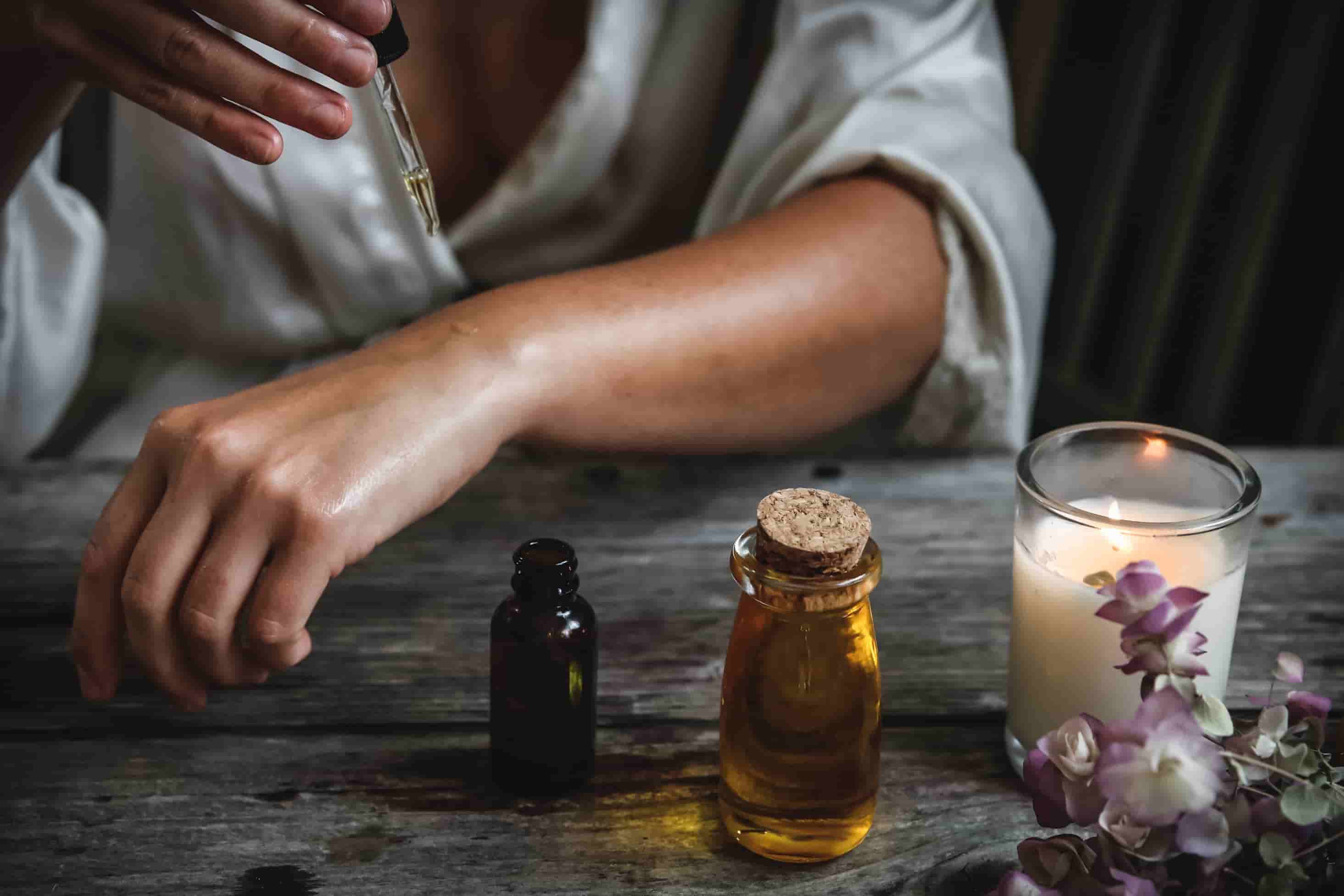
What are essential oils, and how do I use them?
Frequently used as part of aromatherapy, essential oils can be used alongside other methods of supporting our health and wellbeing. Created using extracts from plants, essential oils are often distilled or combined with a carrier oil so they can be used in a number of different ways.
One of the most popular forms of complementary therapy, using essential oils as part of aromatherapy hopes to encourage rest and relaxation, prevent and even treat symptoms of some illnesses. For some users, it can be particularly effective in assisting with stress-related issues such as anxiety, insomnia, and headaches.
If you particularly struggle with summer heat, aromatherapy may also be able to help. Some even find that aromatherapy can help combat symptoms of other conditions, including chronic pain, seasonal affective disorder (SAD), or with palliative care.
While aromatherapy and essential oils are not scientifically proven and regulated in the UK, some studies have shown that they may have health benefits, including:
- lifting your mood
- promoting relaxation and wellbeing
- decreasing stress and nervous tension
- stimulating your natural immune system
- easing muscle tension and boosting circulation
Essential oils can be used independently, or with the help and support of an aromatherapist. Different ways you can use them from the comfort of your own home include:
- adding them to bath water
- inhaling directly, with steam or using a diffuser
- burning with an oil burner
- inhaling by spraying onto fabric or furniture
- applying topically to pulse points
If you are new to aromatherapy, it could be worth considering working with an aromatherapist. They will be able to help create a personalised treatment plan, explain more about at-home treatments and aromatherapy massages, as well as to explain different oils and the properties each offer to help with managing any specific conditions or symptoms you may be experiencing.
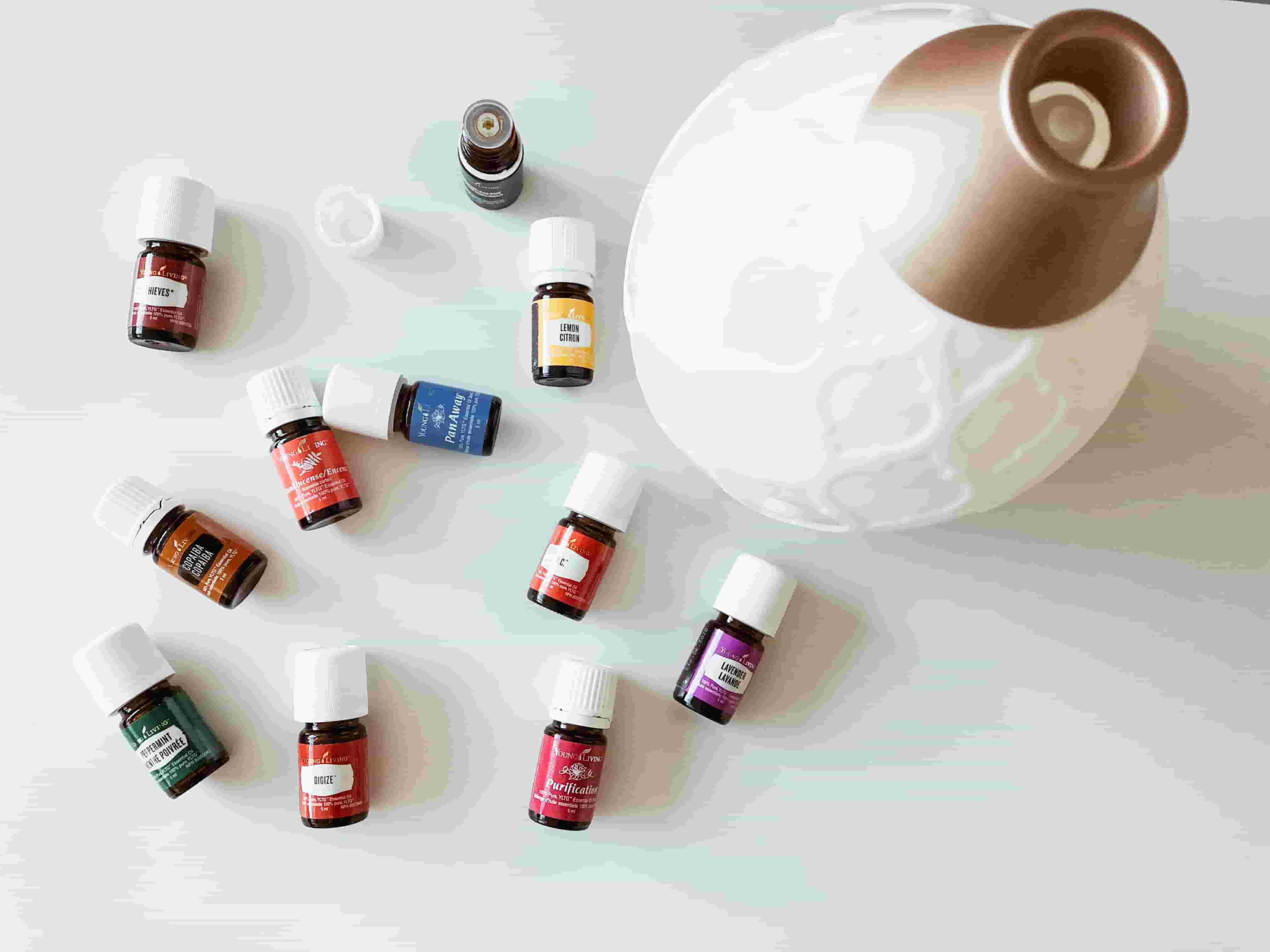
Can essential oils be dangerous?
As with all forms of complementary therapy, essential oils need to be used correctly and mindfully to ensure that they are safe to use. If you’re worried you may have sensitive skin or if you have any known allergies, it may be best to speak with your GP before trying anything new, as allergic reactions are possible.
If you have pre-existing medical conditions, are elderly, pregnant, or are thinking of using essential oils with a child, it could be worth seeking medical advice before trying anything new.
Rich Quelch from Lifestyle Packaging, the market leading child-resistant packaging company for aromatherapy, shared his thoughts on using essential oils safely.
“Most people will have essential oils in some form in their home, but many are unaware of the hidden dangers. Beauty and household products from well-known brands will contain only a very small amount of essential oil. However, 100% pure essential oils can be bought in shops and online which can be dangerous if not used correctly.
“Ingestion presents the biggest risk. Pure essential oils, sold in small amounts, are highly concentrated and if swallowed, can be life-threatening. Certain essential oils, like bergamot, orange, lemon, grapefruit and lime peel can also cause photosensitivity which can leave you with serious sunburn if applied before sun exposure.
“Others can cause severe chemical burns on the skin. A US woman recently received chemical burns to her face and eyes after filling her diffuser with Patchouli oil for some at-home zen. Peppermint and tea tree oil can also cause rash, sensitivity and irritation when applied directly to the skin.”
The good news is, there are simple precautions you can take to ensure you are keeping yourself – and your family – as safe as possible while using essential oils.
Using essential oils while pregnant
The NHS generally advise expectant mothers to avoid unnecessary medicines and treatments, as these may affect your unborn baby. However, some complementary therapies can help with associated anxiety and tension. Some NHS trusts even offer aromatherapy during labour to help reduce anxiety and tension whilst promoting muscle relaxation.
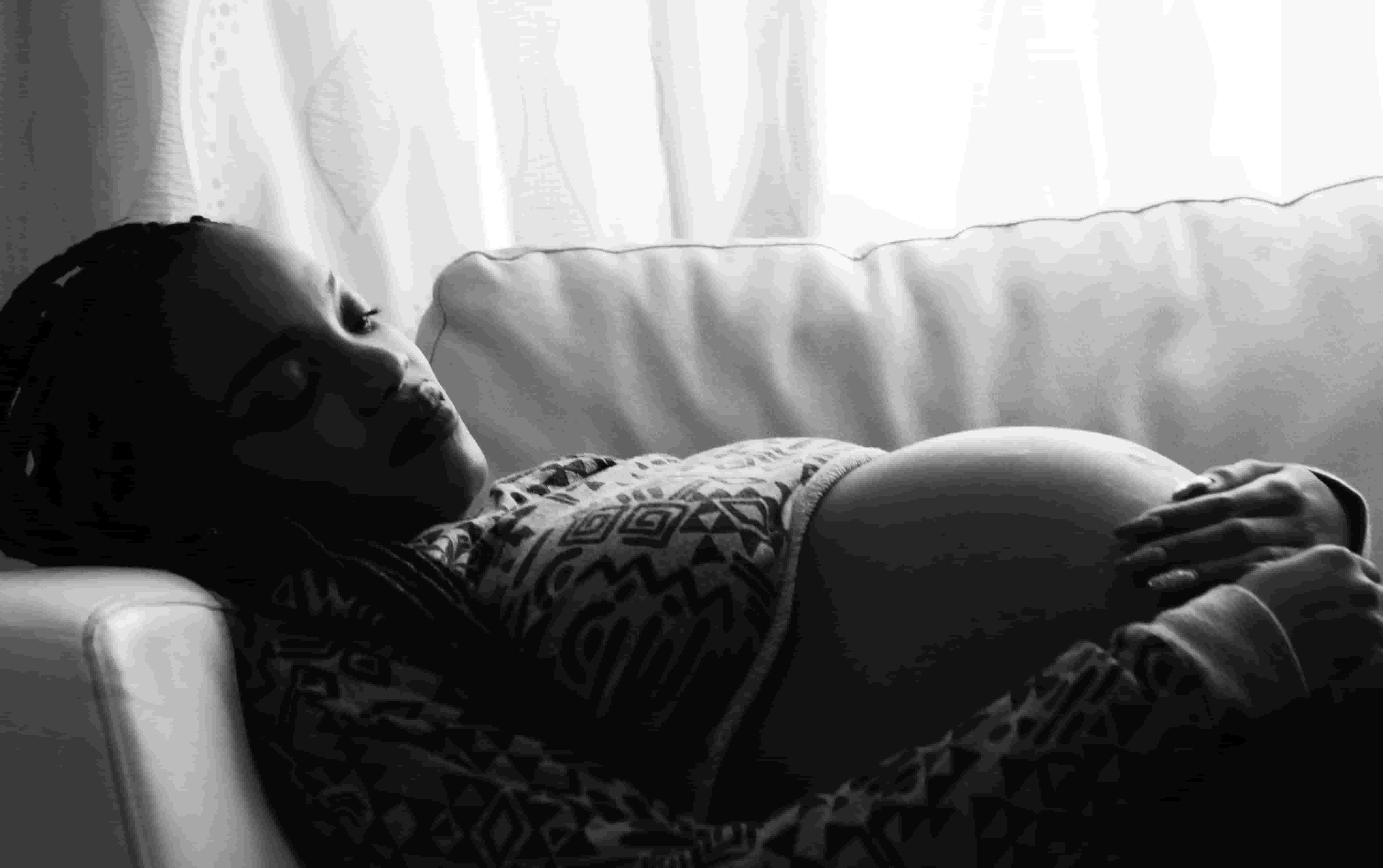
If you are looking to explore essential oils whilst pregnant, some of the recommended ways include using them as part of a relaxing bath, on a compress, or on bedding to help promote sleep and relaxation. If you are considering aromatherapy massage, remember: you should avoid any massages around your abdomen during the first three months.
Some essential oils should be avoided during pregnancy – particularly during the first three months. Aromatherapy is a much debated topic when it comes to safety and pregnancy, as some worry that topical oils may cause harm to the unborn child. If you are considering using essential oils whilst pregnant, it may be best to speak with your midwife or healthcare provider first.
To find out more about which essential oils should be avoided throughout pregnancy, labor, and whilst breastfeeding, check out this list from the National Association for Holistic Aromatherapy.
Using essential oils around or with children
Before using essential oils or trying aromatherapy with children, it’s advised to seek medical advice. Due to thinner skin and less developed immune systems, children can be more at risk of any potential negative side-effects and potential toxicity associated with the use of some essential oils.
While children over two years old may be able to use a much weaker version than adults, some oils shouldn’t be used for younger children. For example, peppermint oil for those under six, or eucalyptus for those aged 10 and under.
To find out more about essential oils that are and are not recommended for use around and on children, visit the Herbal Academy.
Using essential oils around pets
Essential oils can be harmful or even poisonous for different kinds of pets. What may be safe to use around dogs could be harmful to cats, as they are generally more sensitive than other pets. It’s important to make sure that any essential oils you keep at home are out of reach of both children and pets, as accidental ingestion can be dangerous.
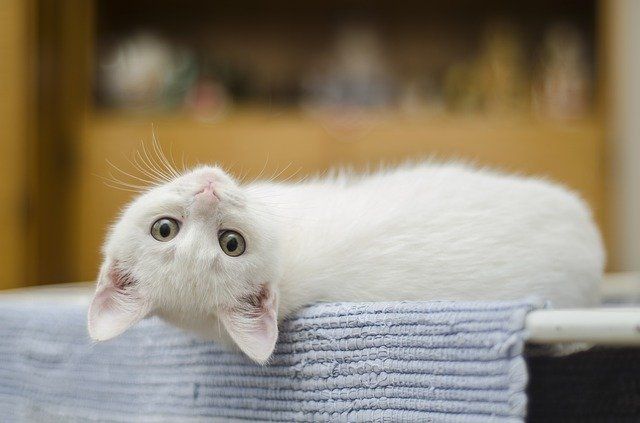
If you are using a diffuser and you have any pets, make sure that your home or the room being used is properly ventilated. Ensuring that pets have an easy way to leave any rooms or areas where essential oils are being used is also important, as if they are feeling unwell or do not like the scent, it’s important that they are able to distance themselves.
Just as essential oils react with our bodies to have positive and relaxing effects, so too can they react with animals bodies – and not always in a positive way. If in doubt, speak with your vet before introducing new essential oils into your home.
To find out more about which essential oils can be harmful to cats and dogs, as well as the symptoms to look out for if you are worried your pet may be affected, check out this article on essential oils and animals.
General essential oils safety tips and best practices
Dilution – before using essential oils on your skin, it’s important to make sure you are using a diluted oil that has been mixed with a carrier oil. Applying pure, concentrated essential oil to your skin can cause irritation. You can buy many oils and blends that are ready to use. If in doubt, dilute to help protect yourself from skin irritation and rashes.
Do a patch test – if it is your first time topically using an oil or you have particularly sensitive skin, it may be worth trying a patch test to make sure you have no negative reactions first. Wash your forearm, pat dry, and apply a few diluted drops of the oil in a small patch of your arm. If within 24 hours there are no signs of redness, irritation, or swelling, you should be able to use the essential oil safely.
Take a break – if using a diffuser, try not to go over 30-60 minutes at a time. Continuing for longer than recommended doesn’t have any additional benefits, and can create additional stress for your body.
Keep it clean – remember to wash your hands thoroughly after using any kind of essential oils. Getting oils on your eyes, inside of your nose or ears, or accidentally ingesting them can have serious effects.
Use externally – essential oils shouldn’t be used internally in any form (orally, vaginally, or otherwise) unless you have had extensive, advanced training and are a professional. Even then, in most cases it is advised to be used externally only.
Remember: it’s not a proven science – while many people do find essential oils have wellbeing benefits, there is currently not a significant body of evidence to support the wider benefits of aromatherapy and essential oils. Using essential oils should always be complimentary, not instead of or replacing advice and guidance from medical professionals.
Want to find out more about aromatherapy, aromatherapy massage, and other holistic therapies? Visit Therapy Directory to find out more, or to find an experienced aromatherapist near you.

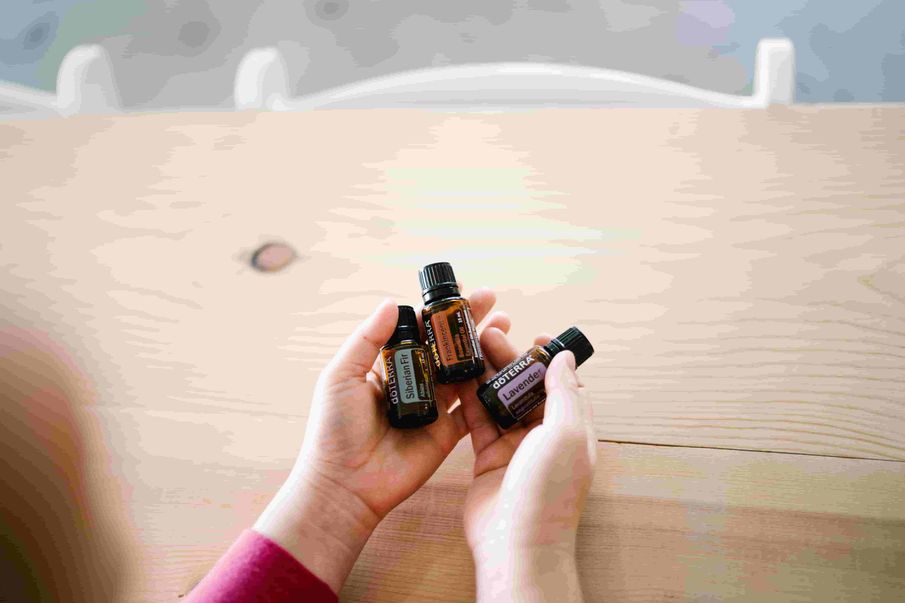
Comments